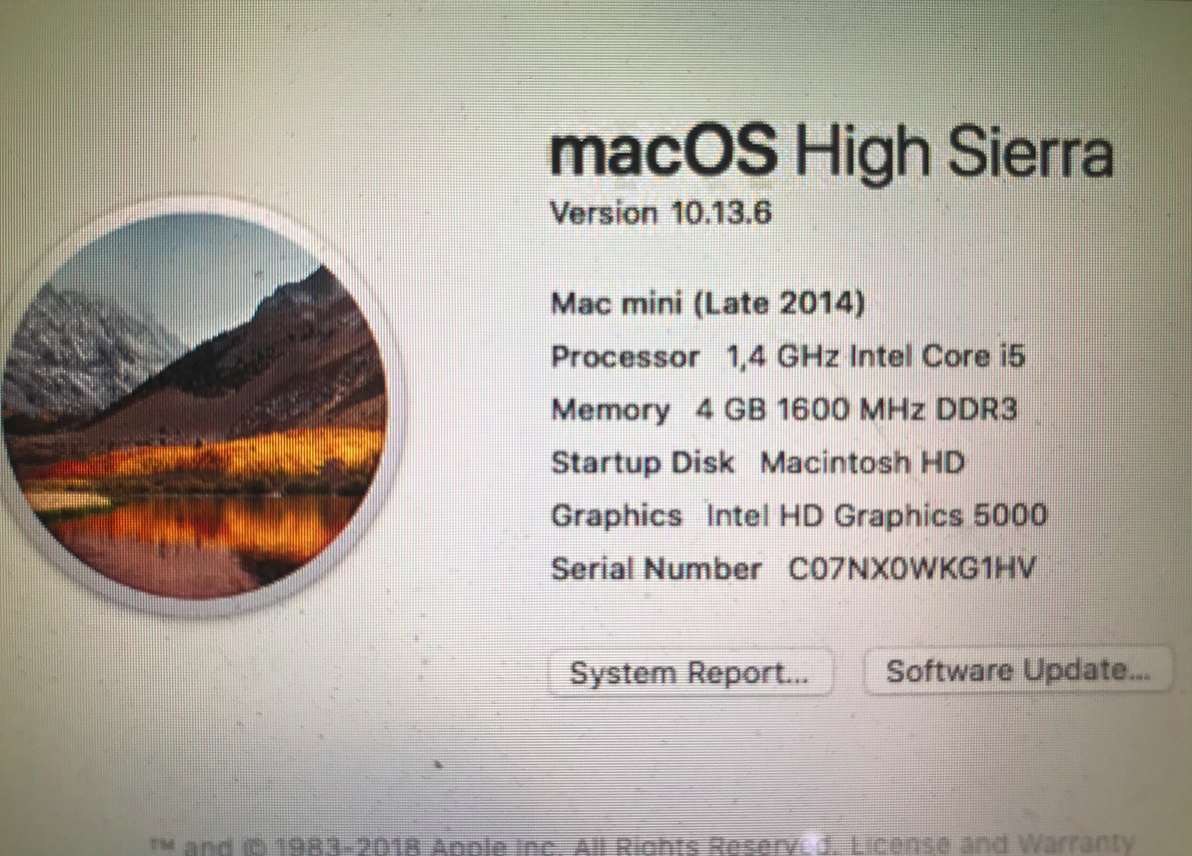
"GoldenSound" managed to get two music files accepted by Tidal and encoded in MQA. MQA isn't perfect, but here it has been falsely maligned. If I'm partial to anything, it's fairness, and GoldenSound's critique is unfair. His findings may seem damning, but there's less than meets the eye. This new attack on MQA comes from "GoldenSound" on YouTube (footnote 1). What's more, MQA takes small steps toward addressing provenance issues in digital audio (although in this respect it does not go far enough). On the positive side, MQA partisans (including esteemed recording engineers Peter McGrath and George Massenburg, multiGrammy Awardwinning mastering engineer Bob Ludwig, and hi-fi and music critic Jason Victor Serinus of Stereophile) love how MQA sounds.
AUDIRVANA PLUS 3 UPSAMPLING MUSIC ALWAYS INTERRUPTED FREE
It would replace open standards with proprietary onesa big step backward, especially for internet-libertarian types who think information should be free (a perspective I respect but don't fully share). In the interest of making the sound better, it alters the sound the mastering engineer and musicians signed off on. MQA appears to be genuinely clever and legitimately new, implementing post-Shannon developments in sampling theory that have not previously been applied to digital audio. For high-resolution audio, MQA compresses data into a much smaller file or stream while retaining, it is said, the sonic benefits of the original high-rez audio (and also of "deblurring"). In case you've been living amidst the seaweed at the bottom of the pond, MQA is a thing that's done to digital audio datasort of a codec that is said to reduce the "blurring" repeated digital conversions cause.


MQA has once again floated to the surface of the perfectionist-audio pondnot belly-up as some have hoped but forced there by relentless pursuit by anti-MQA predators posing as impartial jellyfish.


 0 kommentar(er)
0 kommentar(er)
